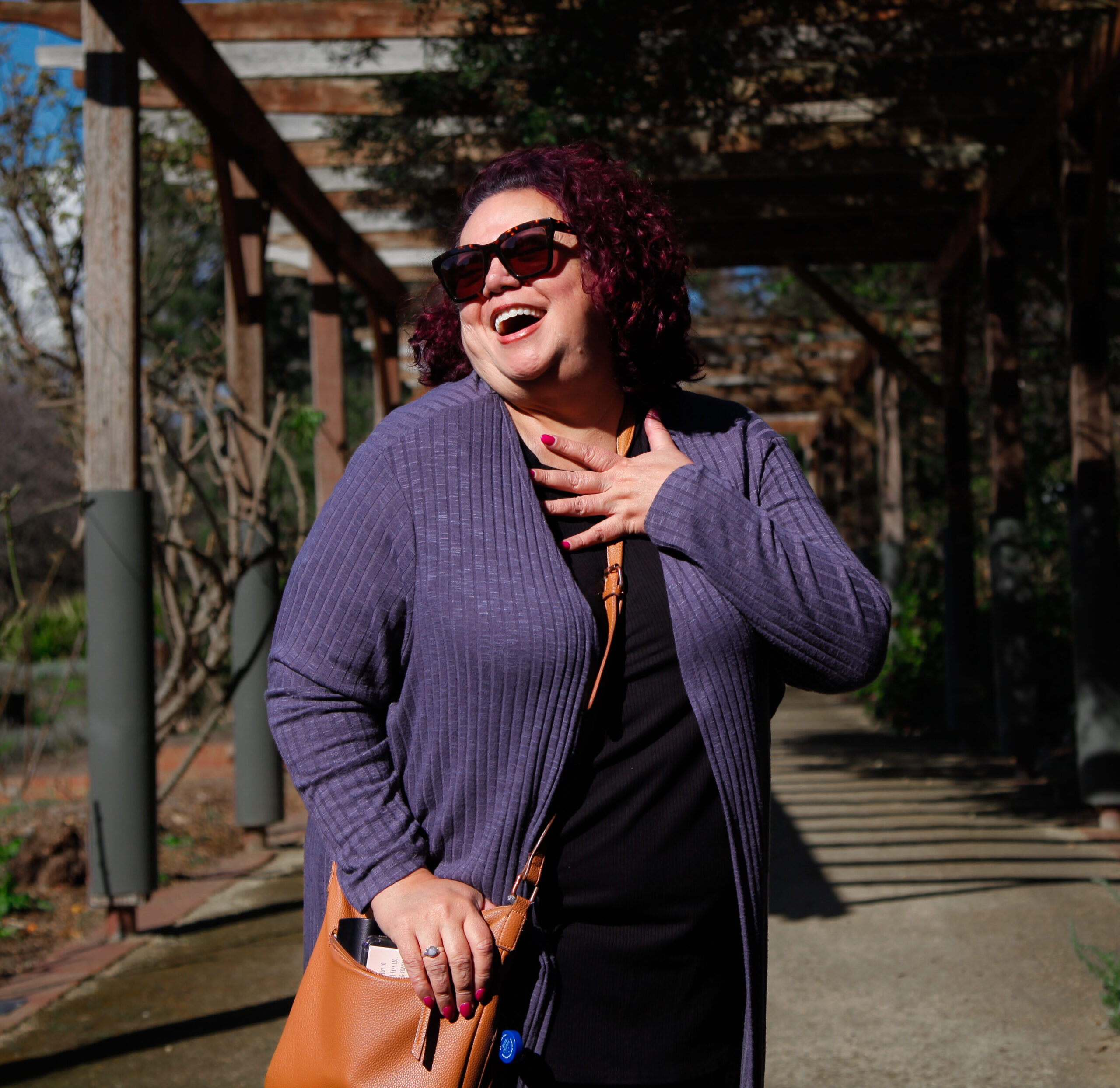Latoya | Elwood | Samoa and Aotearoa
Latoya dives into the vibrant culture of the Pacific Islands, weaving tales of resilience and diversity. Through her narrative, she delves into the complexities of mental health, the importance of community and connection, and her personal journey as a proud trans woman, offering deep insights into the benefits of getting support.
Watch
Read Latoya's Story
11:00
I was born in New Zealand, brought up in Samoa, and went back to New Zealand in my early twenties and moved over here to Australia in 1989. I’ve now been here for nearly 34 years.
Growing up in New Zealand was different because it was back in the sixties and seventies, so it was a different sort of environment and culture, but also… the way people treated people who are LGBTIQA+
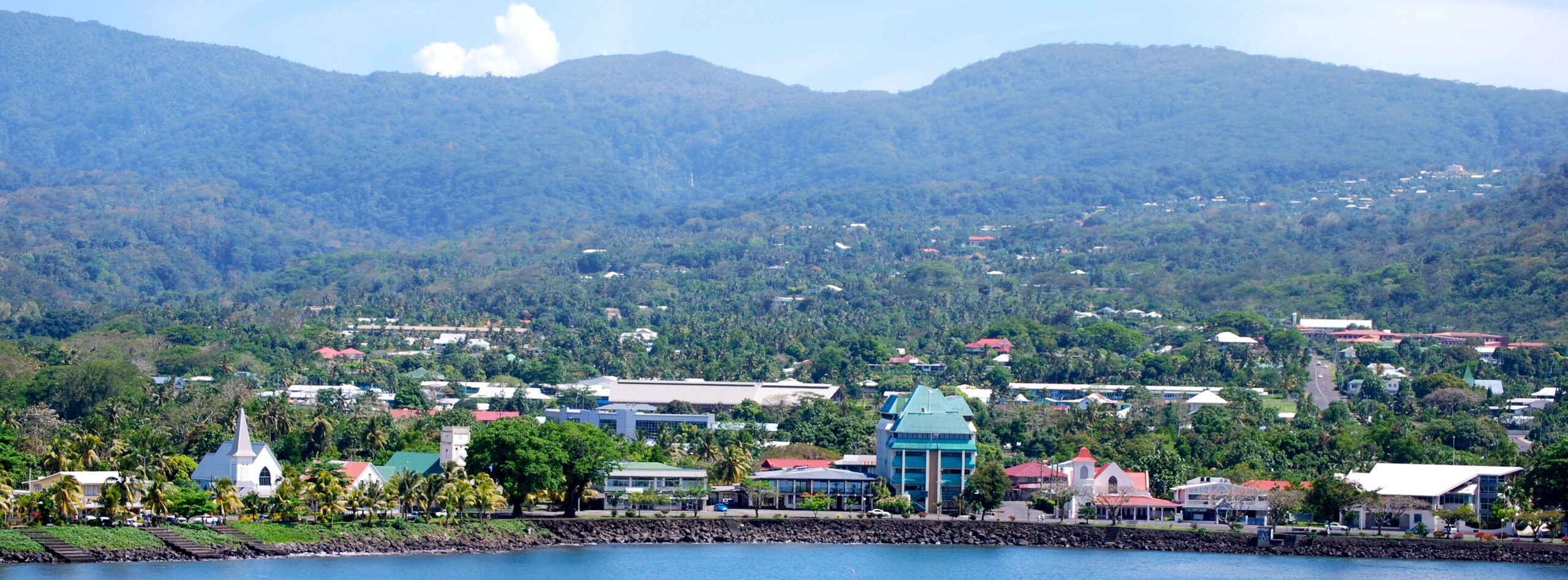
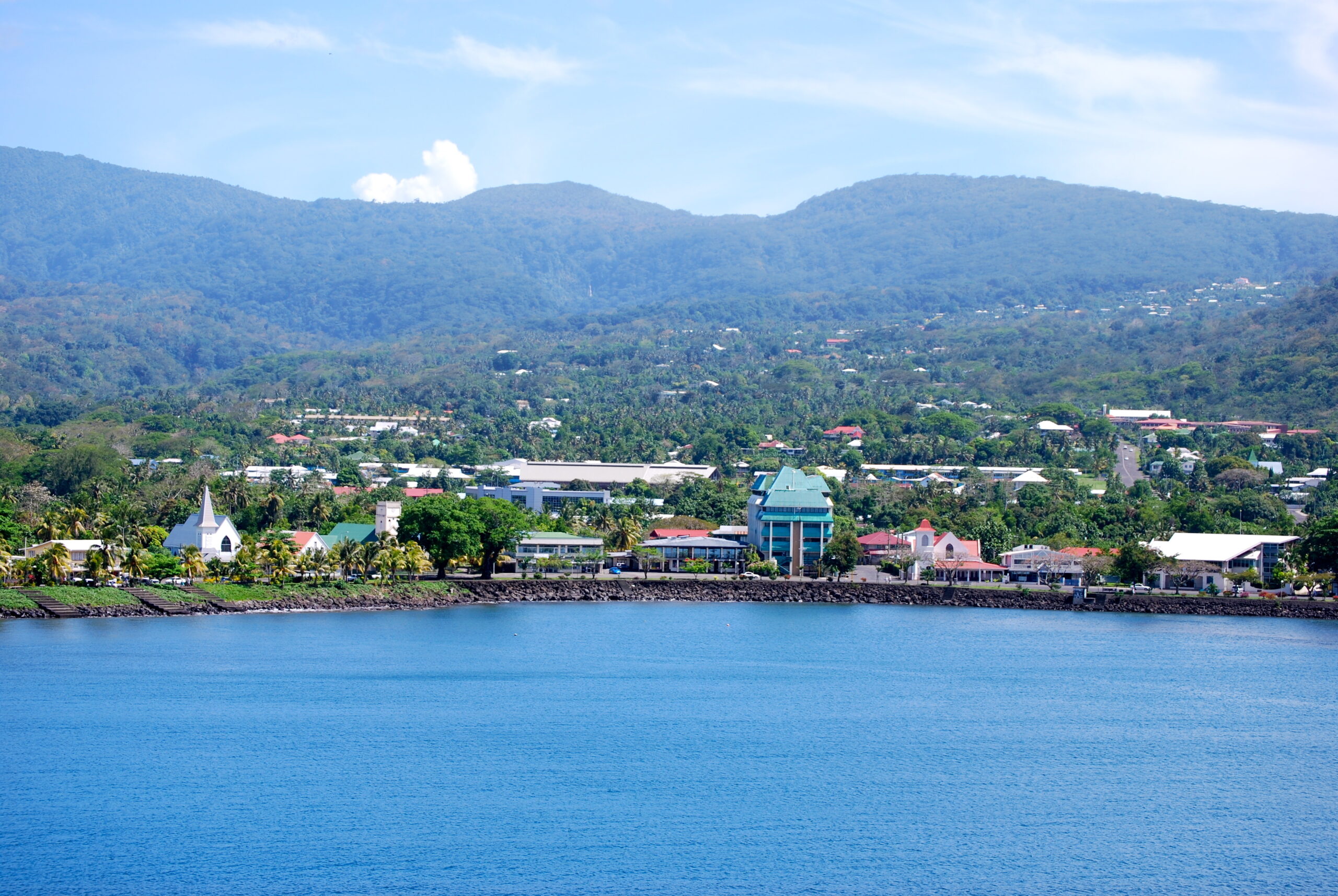
In Samoa, the culture is very religious, but there is this acceptance for people who are LGBTIQA+, and that’s where I noticed the difference. When I returned to New Zealand in my twenties where I already had discovered myself was totally different regarding discrimination and racial things that happened there. Coming to Australia too, it was a bit hard. This was the late eighties, and acceptance for being LGBTIQA+ was totally different from what it is now.
Basically, I was outed through my older siblings. They used to put a flower on my ear and always had me be around the girls and do feminine sort of stuff. But the word fa’afafine was thrown around a lot. My first language is English and that word, to me, at the time was a derogatory word. I did not know the actual meaning of it being in the way of a woman or anything like that. But I had support from my sisters, and my mother.
She was very strongly protective of me. She would always show me off, especially to people at the church. The women at church would say “you have a beautiful son”, and then she would say “oh no darl, you wait, when she grows up she’ll be on the wharf saying “hello sailor”‘. I was only around about eight or nine then. I truly believe your parents know, especially your mother who gave birth to you. She knows her child. She knows that they’re different. But the one thing I’ve got to be thankful for, was that protection and the support I got from her.
"Polynesian families come together and uplift each other during hard times"
What I find really, really fantastic about being Polynesian is our family gatherings. Those are things that we embrace and it is very important. May it be a birthday, a wedding, even a funeral. It’s just seeing how family come together that’s really uplifting through hard times and the tough times.
That’s one thing I must admit. If I had no food to eat, which is never going to really happen in Samoa, but I could just go next door. And it’s also one thing common in the village. You can walk down the village and if it’s the time for dinner or breakfast, they will call out to you. I used to get fed up of saying “no thank you!”. But that’s how polite our culture is, so I always knew if I was out of food or wanted somewhere to sleep, I could just turn up to the next family.
I did that once when I fell out with my mother. Me and her were just always divas to each other. And I took off and went to the next family in the village and I said “Hi, I’ve come to crash for a few nights”. And the answer would always be “you’ve got to go back to your mum”. But I was just torturing my mother because I knew that she’d be missing me.
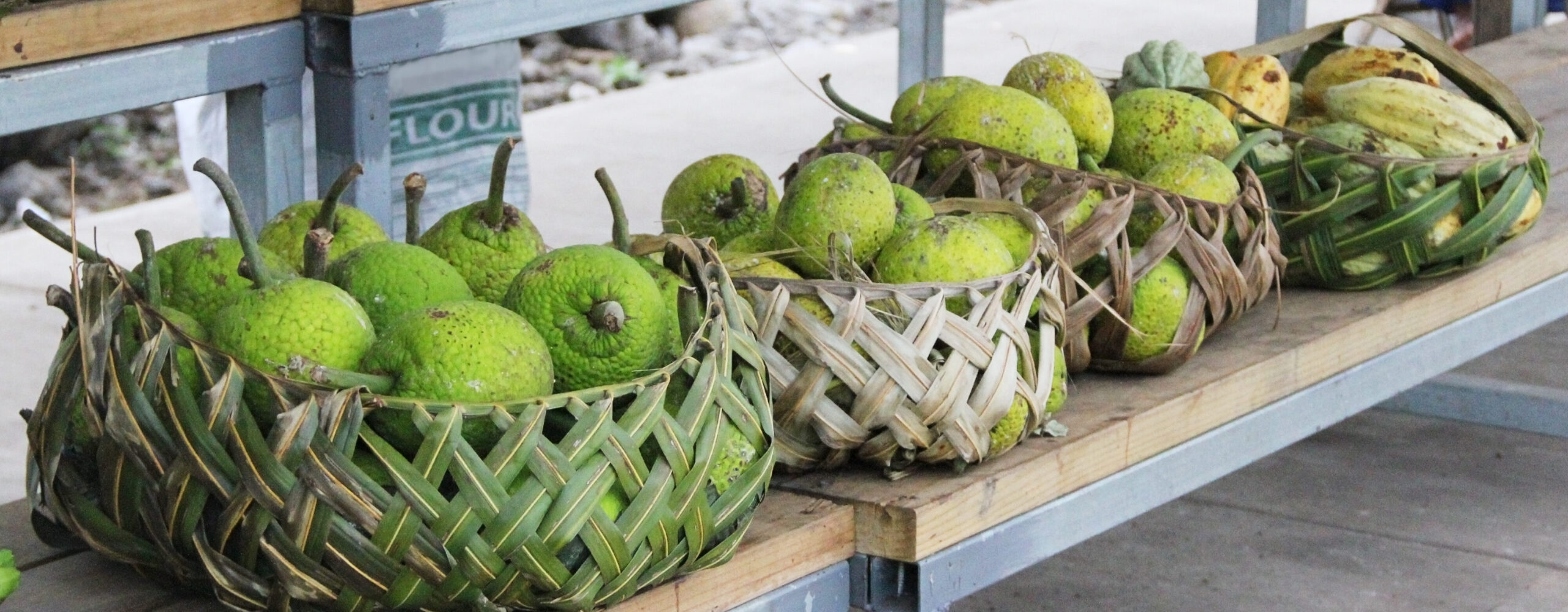
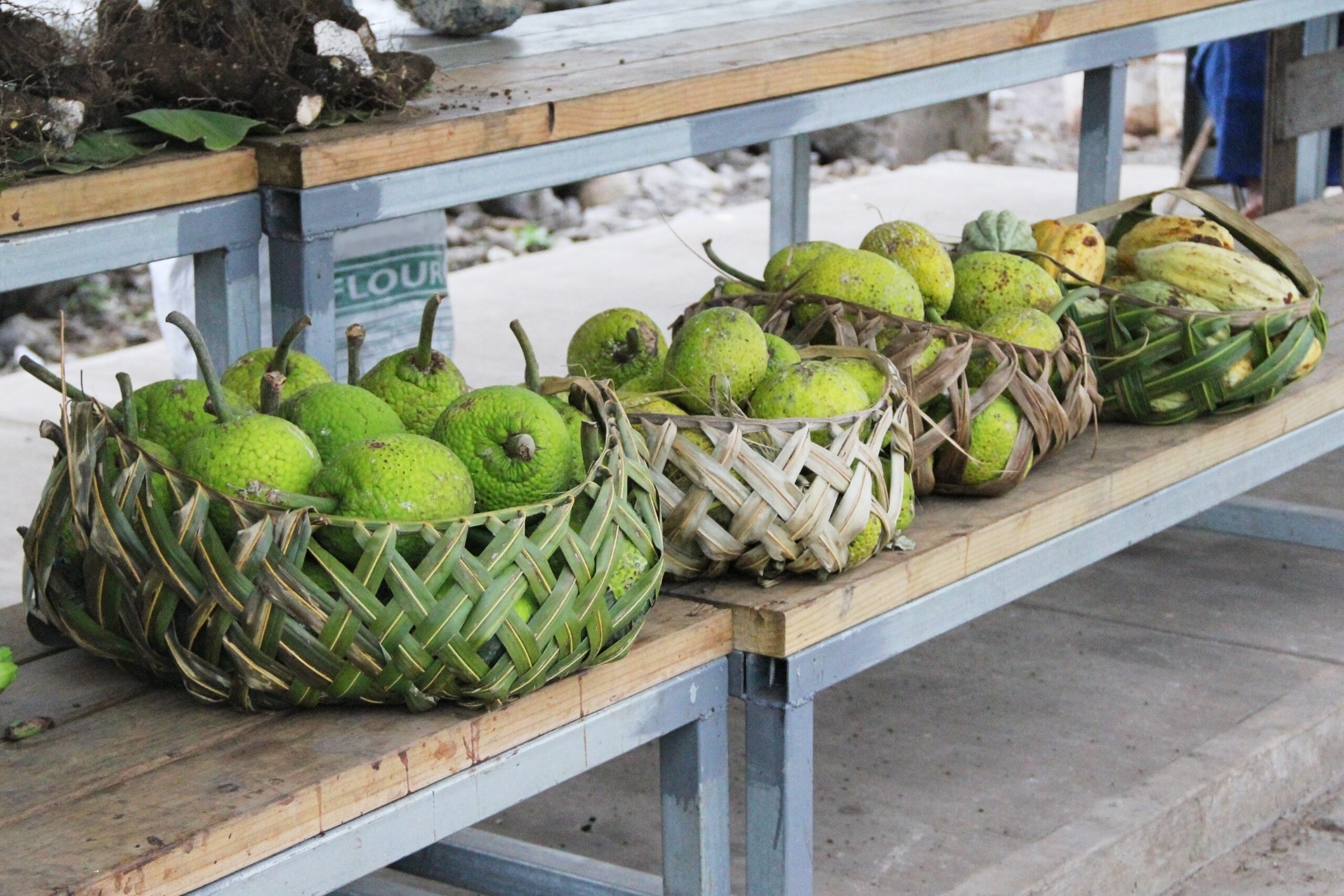
When it comes to mental health, mental health is not really talked about. It’s frowned upon because I don’t think it’s a topic that they really understand. When someone says they are depressed, I don’t even think they even know what that is. The good thing is, that slowly, our culture is adapting to the terms of mental health and LGBTIQA+, and other health issues around, but we still have a long way to go.
Mental health is a big thing in Samoa. There is a high rate of suicide, but it’s not really talked about. It’s like you’ve always got to put this front up that ‘I am perfect, I am strong’, and those sorts of topics are pushed to the side and it’s really hush hush.
"I dealt with racism from all different corners"
My background is Samoan and German. My father’s from Germany and my mother’s from Samoa. Back in the seventies in New Zealand I was really badly teased about my German side, with horrible things like “Heil Hitler” and all that sort of stuff.
When I went to Samoa, I was called a white person because I wasn’t too brown skinned and I wasn’t white enough. So, I was called afakasi (half-cast) or they even called me palagi which means ‘white person’ in Samoan. So, I never really fit into either box. And then you throw transgender on top of that. Where do you stand?
When I was living in New Zealand, especially when I went back, I was called ‘coconut’ or the most derogatory term was boonga in those days, which I really didn’t like. They were telling me to go back home, back to the islands. And then coming here to Australia and then being called black, you know, that’s another term. I remember someone told me “You’re nothing but a black c***”. And I’m like… wow, you know how harsh, you know? But that thing I could live with.
What I could not stand was the gender side, which I came through each time… Even my brothers and sisters before me that were trans, they went through a harder time. But I still went through a rough time.

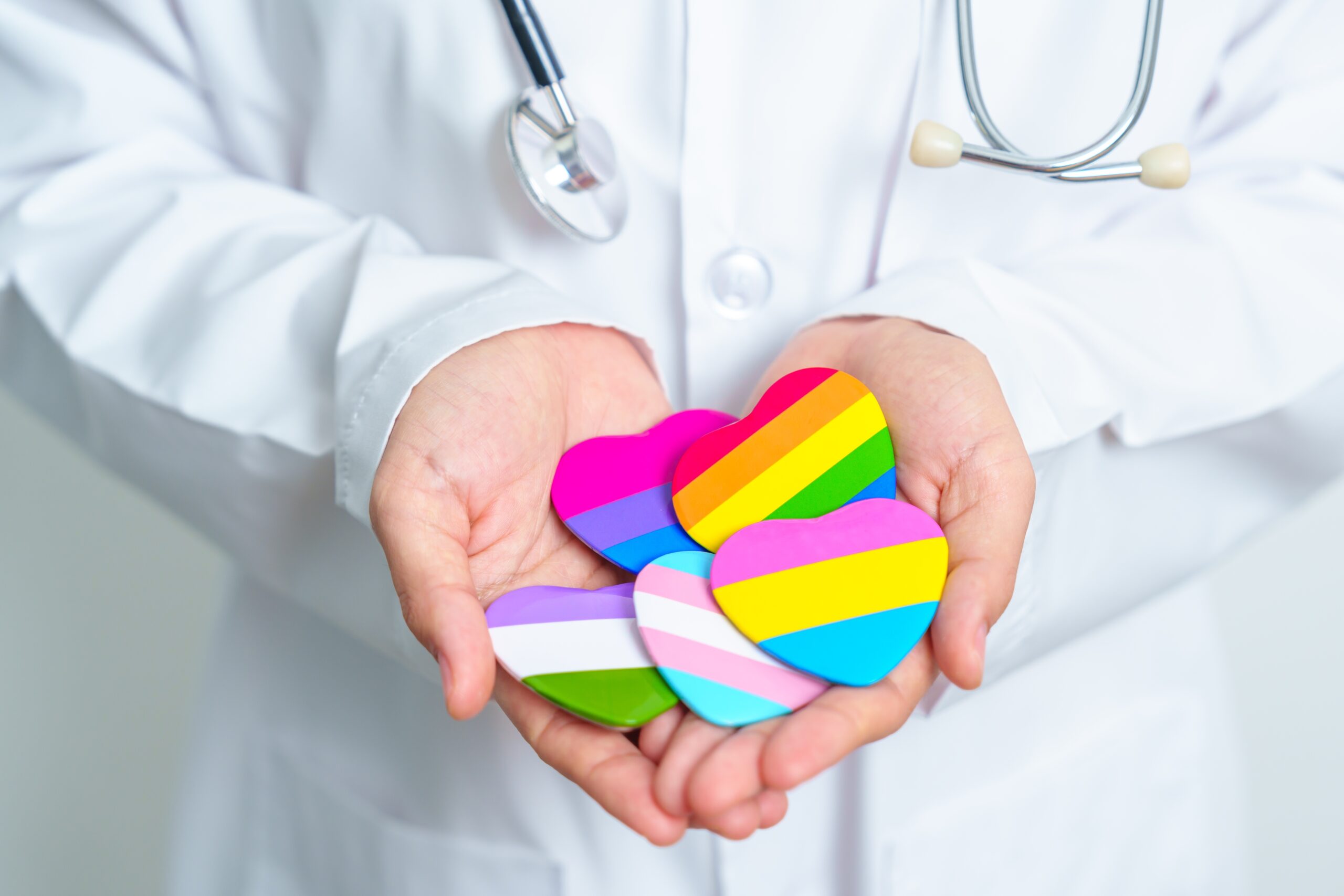
In 1989,I came from New Zealand to Australia to go on hormones. Back in New Zealand you were judged by your parents, so I had to go through the black market to get my hormone treatment. Some of the girls had doctors that approved the hormone treatments and they’d sell it to us and we took those tablets.
When I came here I thought ‘I’d been on them for a while, I’ll be okay’. But coming straight to the area of St Kilda, where I thought there was more trans visibility and thought it was LGBTIQA+ friendly, the first GP I went to didn’t realise that I was trans and, when I went in, I asked for oestrogen and he said “Why do you need that for?” And then I explained my situation, and he asked me to leave. The only way I could find a GP later down the track was by befriending some girls here and them pointing me in the right direction.
It was really hard and I also found myself being judged a lot. At the time, people thought that I was something… that there was something wrong with me. That I was a monster. That I was not supposed to be part of society. So it was really hard but I must admit I’m glad I survived through that rough time and I’m happy to say I’m still here and being me.
"Okay, I'm ready to go see someone"
Back in 2011, I was seeing a caseworker and she suggested that I see a psychologist or a counsellor. And I said “Sweetheart, I’m not cuckoo”. And the reason why I said that, is because back in Samoa, we don’t talk about things like mental health. We keep things hush or put under the pillow.
Within my trans community that I was around at the time, if someone was not all there or if there was something wrong with them, even if they would say “I’m really emotional today”, they would be like “What for? What’s going on? Are you okay?”
So I denied it. I refused to see someone. I still worked with my caseworker. But then finally, one day I said “Okay, I’m ready to go see one”. And I think that’s the best thing I ever did because I don’t believe I’d be here if it wasn’t for that person who I was talking to, and wasn’t giving me just what I wanted to hear. They would tell me straight up how things should be with the way I’m thinking. And that’s one thing… I still see her to this day, which is now 13 years later. I’m not ashamed to say it anymore. Before I would have been totally ashamed to even say I’m talking to what they call a ‘shrink’.
So what makes me feel good when it comes to mental health is that I actually have two families. I have my blood family, but I also have my chosen family, which is my fa’afafine Pasifika LGBTIAQ+ community, but also the LGBTIQA+ community in general. That’s where you feel comfortable. When you’re expressing yourself to another LGBTIQA+ person because they know where you’re coming from.
This is the one thing when it comes to blood family… they do love me and they do accept me and everything like that, but walking in my shoes, they would never understand because it’s not what they… they’ve not had to deal with.
What I’ve found sometimes, when I would talk to my siblings and have issues when it comes to being a trans woman, is they can only say what I want to hear. When it comes to my chosen family, sometimes they put me in my place and that’s what made me feel good, because they are not giving me what I want to hear. They would just get straight to the point, saying “Queen, snap out of it, we’re all going through this.”
Shade is one of the most important parts of our life. We do take things seriously, but most of the time it’s always about taking a dig at each other. A good example is when one of the girls is getting ready and she is all dolled up, she comes over for a compliment. She’d ask “How do I look, Mama Latoya?” and I’d be like “Darling, you look like your dad” and we’d all just crack up. It’s something that we love to do. It keeps us strong. If someone said to me I look like my dad, I’d say “I’ll fix you up bitch, you watch me tomorrow, I’ll look fabulous”.
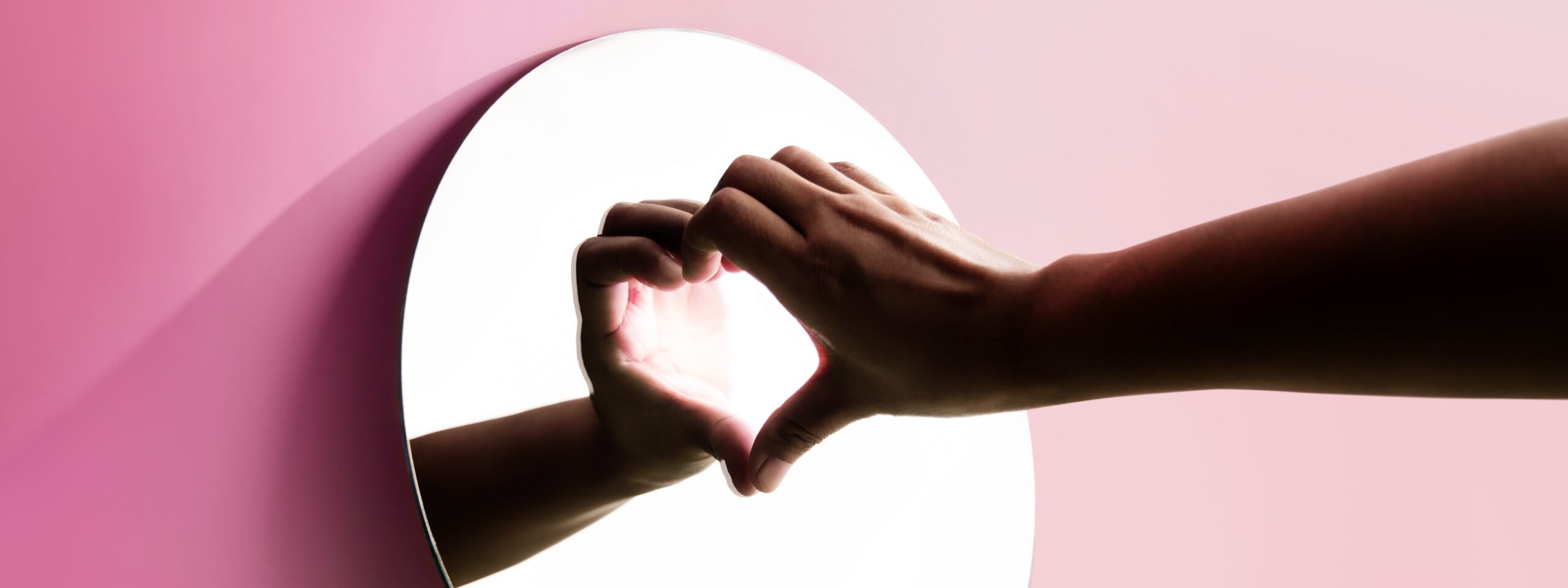
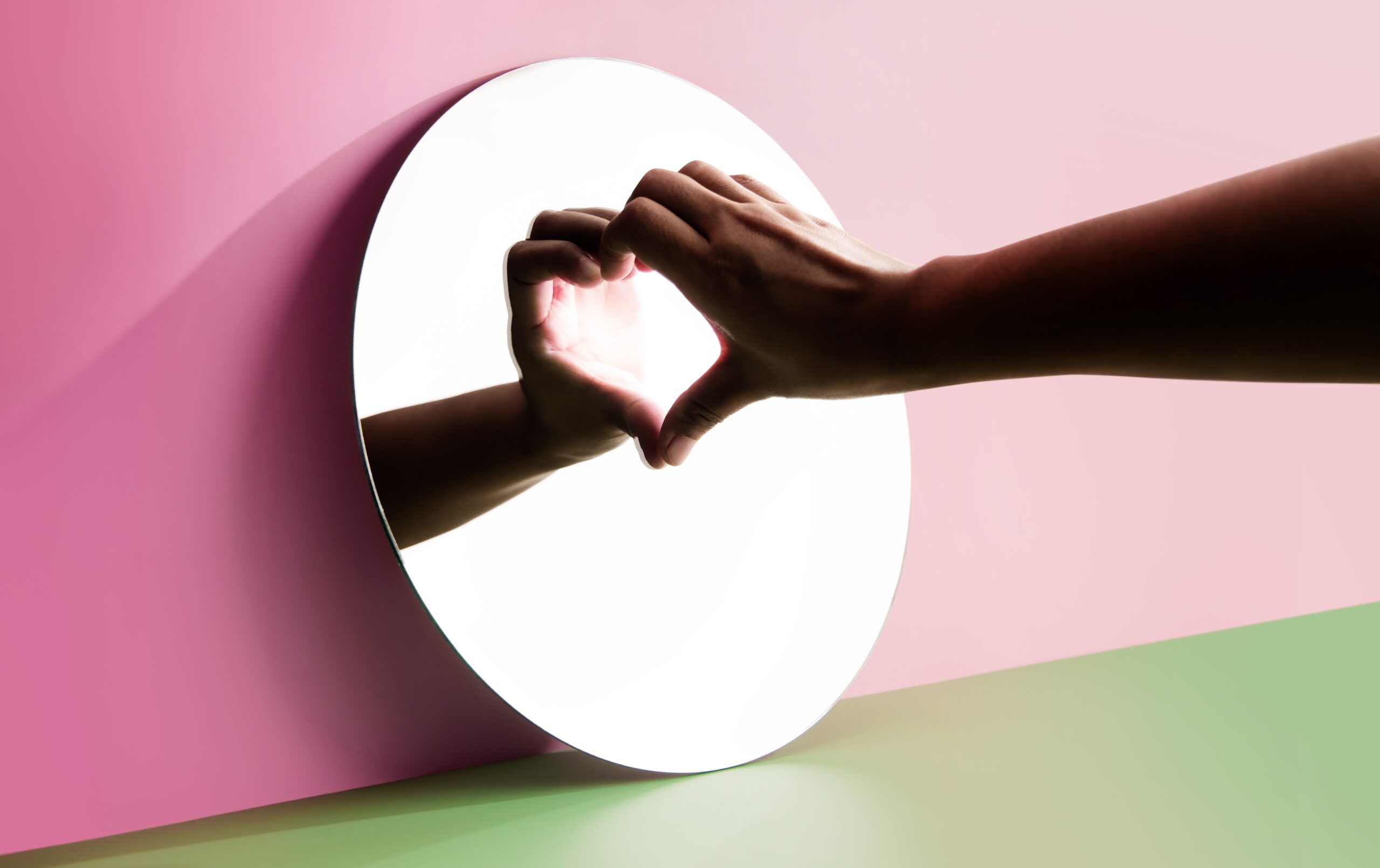
My mental health now is really in the right place where I want it to be. I’m very happy with myself. That’s one thing I always want people who are going through struggles to know, love yourself because in the end, it’s only you that’s going to love yourself. Everyone will say they love you, but if you can love yourself, be proud of yourself, no matter what journey or path you choose, you will always be in a happy space.
But when it comes to mental health, I always say “If I do have a rough time with that, just pick up the phone and make an appointment and talk to someone because that is going to help you in the long run”.
Latoya | Elwood | Samoa and Aotearoa
Latoya maulu i le aganuu olaola a Atumotu o le Pasefika, lalagaina tala o le maufetuuna’i ma eseesega. E ala i lana tala, na te su’esu’eina ai le lavelave o le soifua maloloina o le mafaufau, le taua o le nuu ma le feso’ota’iga, ma lana malaga fa’apitoa o se tama’ita’i fa’amaualuga fa’aliliuina, e ofoina atu ni fa’amatalaga loloto i fa’amanuiaga o le mauaina o le lagolago.
Va'ai
Fa'asalalau i le Tala a Latoya
11:00
Na ou fanau i Niu Sila, tausia aʻe i Samoa, ma ou toe foʻi i Niu Sila i le amataga o le luasefulu o oʻu tausaga ma siitia mai i inei i Ausetalia i le 1989. Ua toeitiiti atoa le 34 tausaga o ou i ai iinei.
O le ola a’e i Niu Sila e ese lava aua sa i tua i le 60 ma le fitusefulu, e ese la le si’osi’omaga ma le aganu’u, ae fa’apea fo’i… le faiga o tagata e LGBTIQA+.
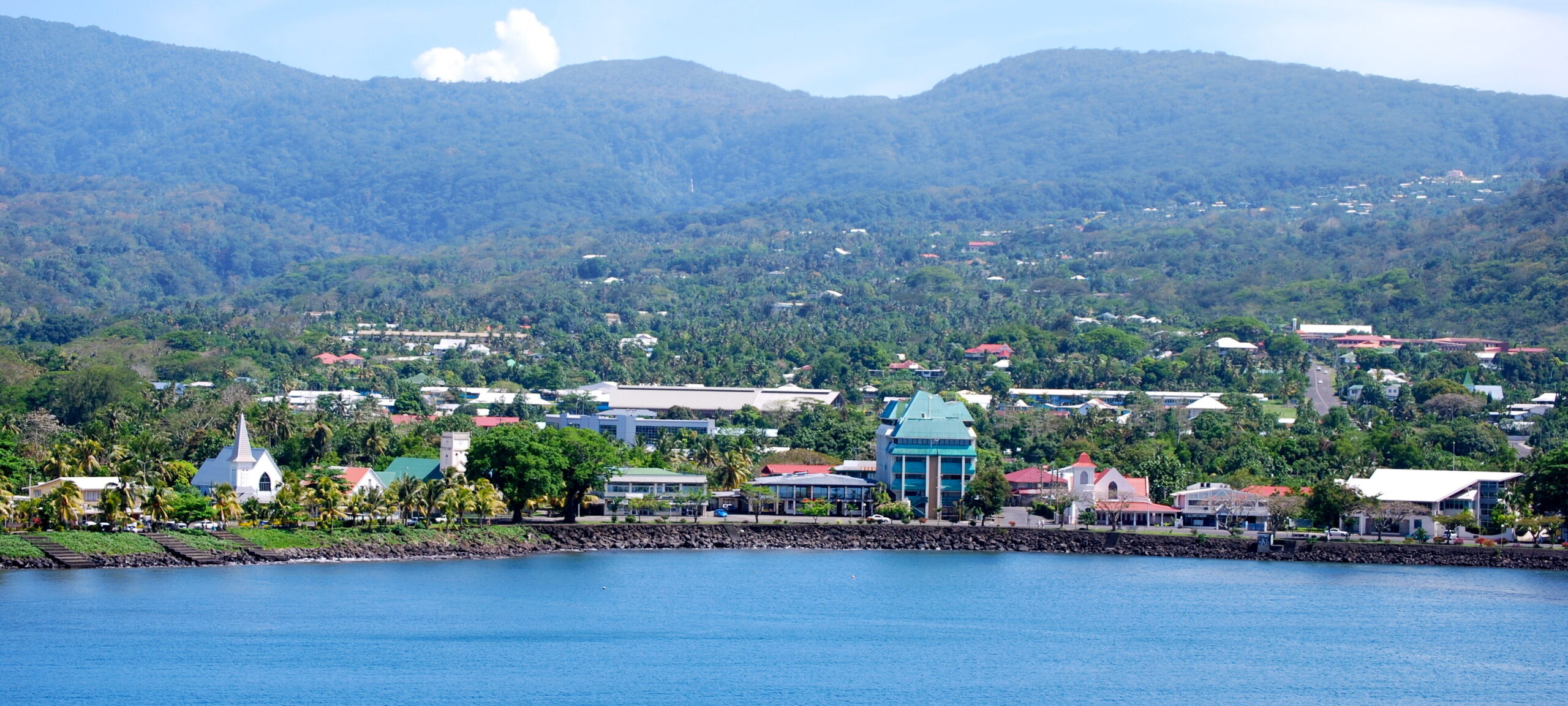
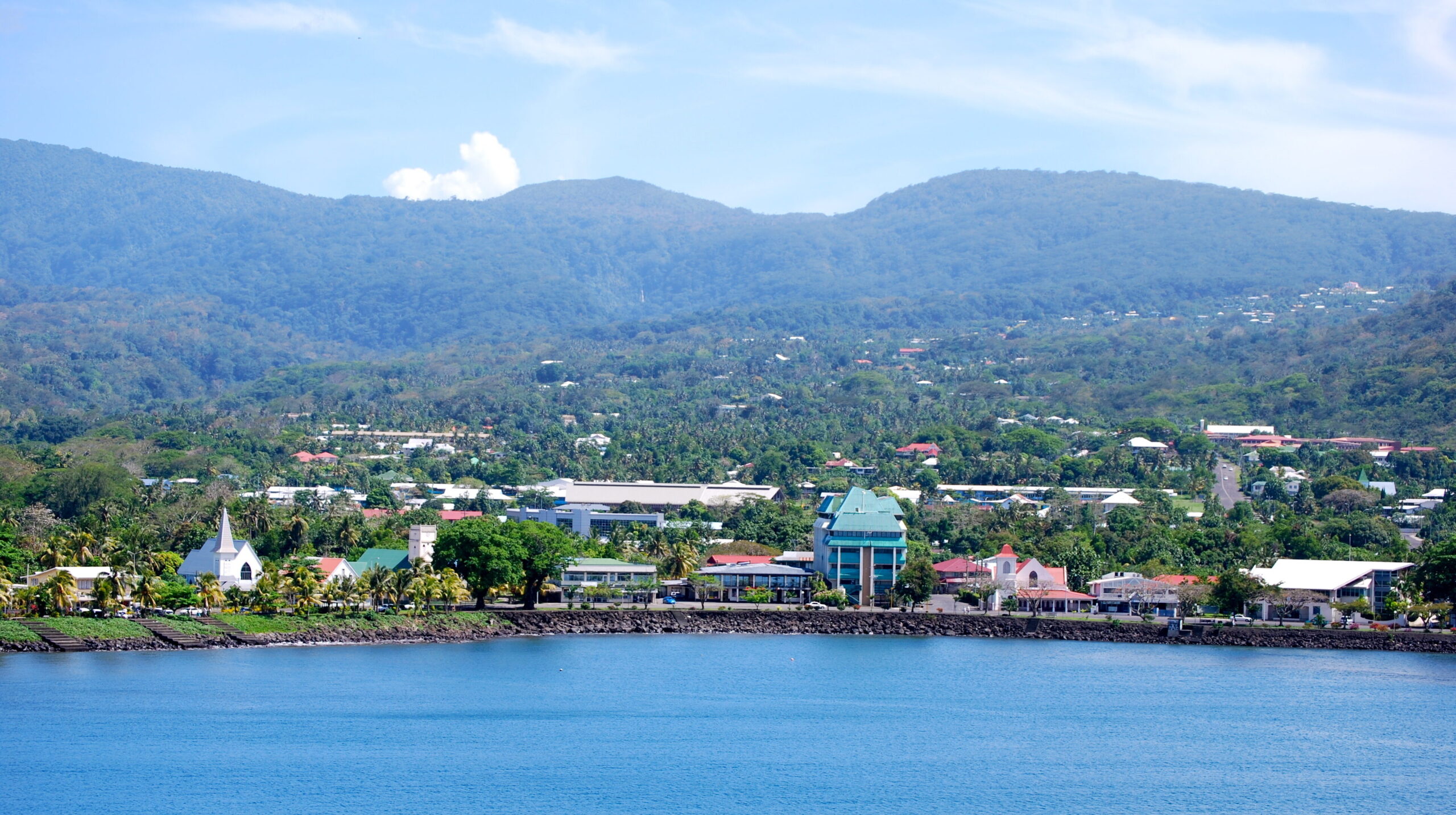
I Samoa, o le aganuʻu e matua lotu, ae o loʻo i ai le taliaina o tagata LGBTIQA+, ma o iina na ou matauina ai le eseesega. Ina ua ou toe foi mai i Niu Sila i le luasefulu o o’u tausaga lea na ou iloa ai o a’u lava e matua ese lava e tusa ai ma le faailoga tagata ma mea faailogalanu na tutupu ai iina. O le sau foi i Ausetalia, sa fai si faigata. O le tuai lea o le valusefulu tausaga, ma o le taliaina o le LGBTIQA + sa matua ese lava mai le mea ua i ai nei.
O le mea moni, na ou alu ese ona o oʻu tei matutua. Sa masani ona latou tuu se fugalaau i loʻu taliga ma fai aʻu i taimi uma e faʻatasi ma teine ma fai mea faʻataʻitaʻi. Ae o le upu fa’afafine sa lafoa’i solo. O la’u gagana muamua o le Igilisi ma o lena upu, ia te au, i lena taimi o se upu taufaaleaga. Ou te lei iloaina le uiga moni o le i ai i le ala o se tamaitai po o soo se mea faapena. Ae sa ou maua le lagolagosua mai oʻu uso, ma loʻu tina.
Sa ia puipuia malosi a’u. Na te fa’aalia pea a’u, aemaise lava i tagata i le lotu. E fai mai fafine i le lotu “e iai sau tama aulelei”, ona fai mai lea “oi talofa, faatali, a oo ina matua ae i luga o le uafu ma faapea mai “Talofa seila”’. Sa na o le valu pe iva ou tausaga i lena taimi. Ou te talitonu moni ua iloa e ou matua, aemaise o lou tina na fanaua oe. Na te iloa lana tama. Na te iloa e ese i latou. Ae o le mea e tasi e tatau ona ou faafetai ai, o lena puipuiga ma le lagolago na ou maua mai ia te ia.
"Polynesian families come together and uplift each other during hard times"
O le mea ou te iloa e matua manaia lava i le avea ma Polenisia o a matou faatasiga faaleaiga. O mea na tatou te taliaina ma e taua tele. Ia avea ma se aso fanau, se faaipoipoga, e oo lava i se falelauasiga. Ua na o le vaai atu lava i le tuufaatasia o aiga e matua faagaeetia ai lava i taimi faigata ma taimi faigata.
E tasi lena mea e tatau ona ou ta’utino atu. Ana leai sa’u mea’ai e ‘ai, e le mafai lava ona tupu i totonu o Samoa, ae mafai lava ona ou alu i le isi fale. Ma o se tasi foi o mea masani i totonu o le nuu. E mafai ona e savali i lalo o le nuʻu ma afai o le taimi mo le ‘aiga o le afiafi po o le taeao, latou te valaʻau atu ia te oe. Sa masani ona ou fiu i le fai atu “leai faafetai!”. Ae o le fa’aaloalo lena o la tatou aganuu, o lea na ou iloa ai lava pe a leai sa’u meaai pe mana’o i se mea ou te moe ai, e mafai lava ona ou liliu atu i le isi aiga.
Na ou faia lena mea i se tasi taimi ina ua ma paʻū ma loʻu tina. O a’u ma ia sa na’o taimi uma lava e va’ai ai le tasi i le isi. Ma sa ou alu ese ma alu i le isi aiga i le nuu ma ou fai atu “Talofa, ua ou sau e lavea mo ni nai po”. Ma o le tali e masani lava “e tatau ona e toe foʻi i lou tina”. Ae sa na ona ou faatiga i loʻu tina ona sa ou iloa o le a ia misia aʻu.
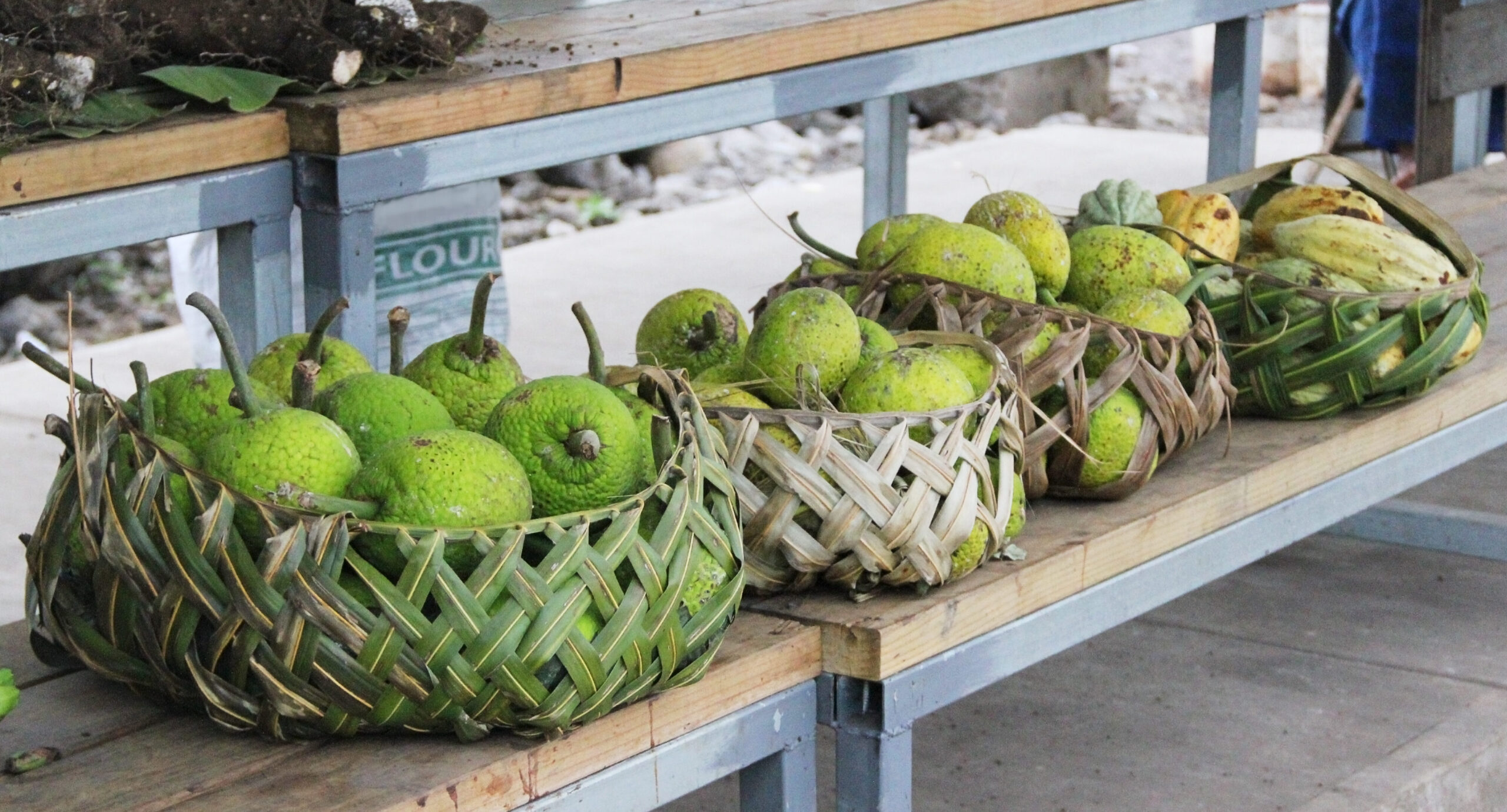
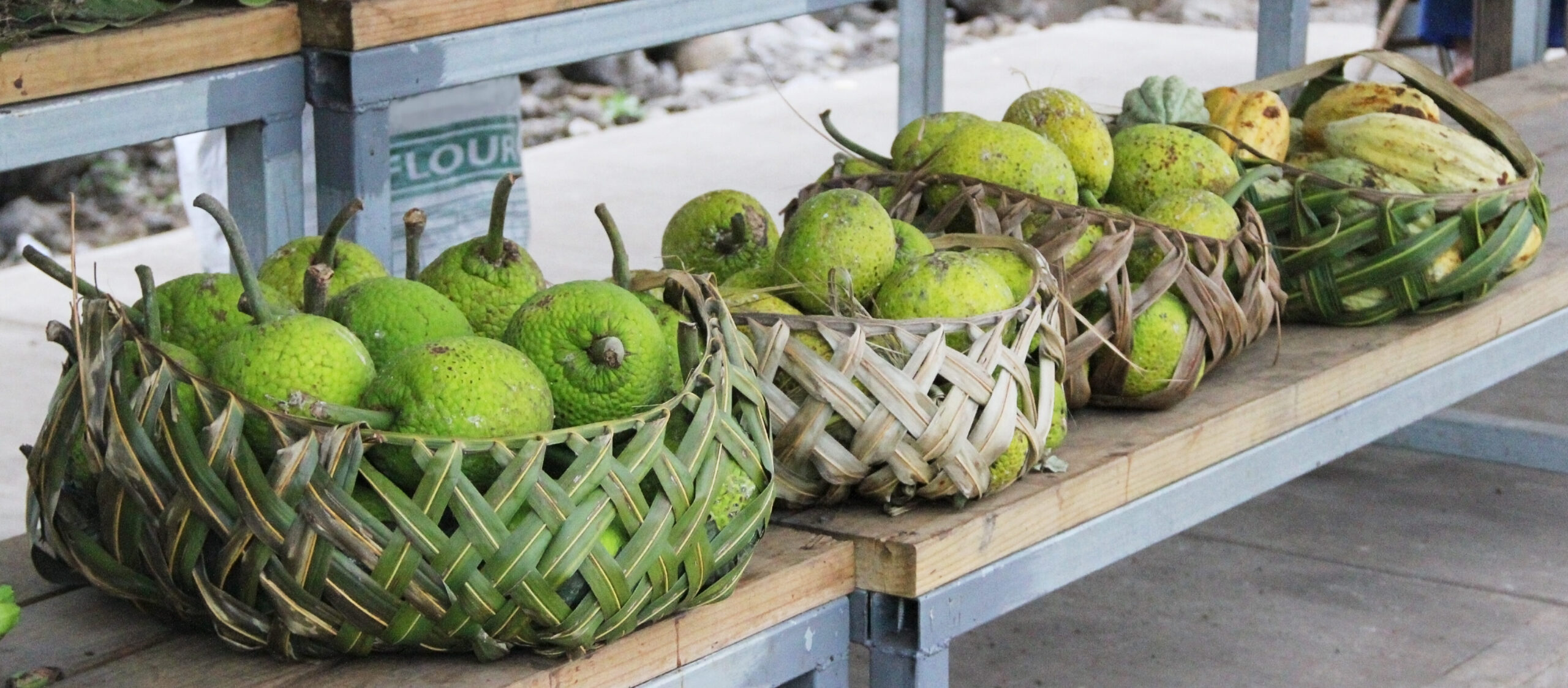
A o’o i le soifua maloloina o le mafaufau, o le soifua maloloina o le mafaufau e le o talanoa moni i ai. E fa’a’ino’ino ona ou te manatu e le o se autu latou te malamalama lelei i ai. Pe a fai mai se tasi ua latou atuatuvale, ou te le manatu latou te iloa po o le a lena mea. O le mea lelei, o le faʻagesegese, o la tatou aganuʻu o loʻo faʻafetaui i tulaga o le soifua maloloina o le mafaufau ma le LGBTIQA +, ma isi faʻafitauli faʻalesoifua maloloina o loʻo siomia ai, ae o loʻo i ai pea le tatou auala umi.
O le soifua maloloina o le mafaufau ose mea tele lea i totonu o Samoa. E maualuga le maualuga o le pule i le ola, ae e le o talanoa moni i ai. E pei lava e tatau ona e tuʻuina i luma le mea lea ‘Ou te atoatoa, ou te malosi’, ma o ia ituaiga o autu e tuleia i le itu ma e matua filemu lava.
"Na ou taulimaina le faailogalanu mai tulimanu eseese uma"
O lo’u talaaga o le Samoa ma le Siamani. O lo’u tama e sau mai Siamani ma lo’u tina mai Samoa. I tua i le fitugafulu i Niu Sila sa matua ulagia lava aʻu e uiga i loʻu itu Siamani, i mea mataga e pei o “Heil Hitler” ma mea uma faapena.
Ina ua ou alu i Samoa, sa taʻua aʻu o se tagata papaʻe ona e leʻi enaena tele loʻu paʻu ma ou te leʻi paʻepaʻe. O lea, sa ta’ua a’u o le afakasi (afa-cast) pe na latou ta’ua fo’i a’u palagi o lona uiga ‘pa’epa’e’ i le gagana Samoa. O lea la, ou te le fetaui lava i totonu o pusa e lua. Ona e togiina lea o le transgender i luga o lena mea. O fea e te tu ai?
A o ou nofo i Niu Sila, aemaise lava ina ua ou toe foʻi i tua, sa taʻua aʻu o le ‘niu’ po o le upu sili ona taʻuleagaina o le booga i na aso, ou te leʻi fiafia i ai. Sa latou fai mai ia te au ou te toe foi i le fale, toe foi i motu. Ona sau ai lea i Ausetalia nei ona ta’ua ai lea o le uli, e te iloa, o le isi faaupuga lena. Ou te manatua na fai mai se tasi ia te aʻu “E leai se mea ae na o se uliuli uliuli”. Ma ou te pei … wow, e te iloa le saua, e te iloa? Ae o lena mea e mafai ona ou ola ai.
O le mea sa le mafai ona ou onosaia o le itu o le itupa, lea sa ou oo i ai i taimi taitasi… E oo lava i o’u uso ma tuafafine na muamua atu ia te a’u sa liliu ese, sa latou oo i se taimi sili atu ona faigata. Ae sa ou oo lava i se taimi faigata.
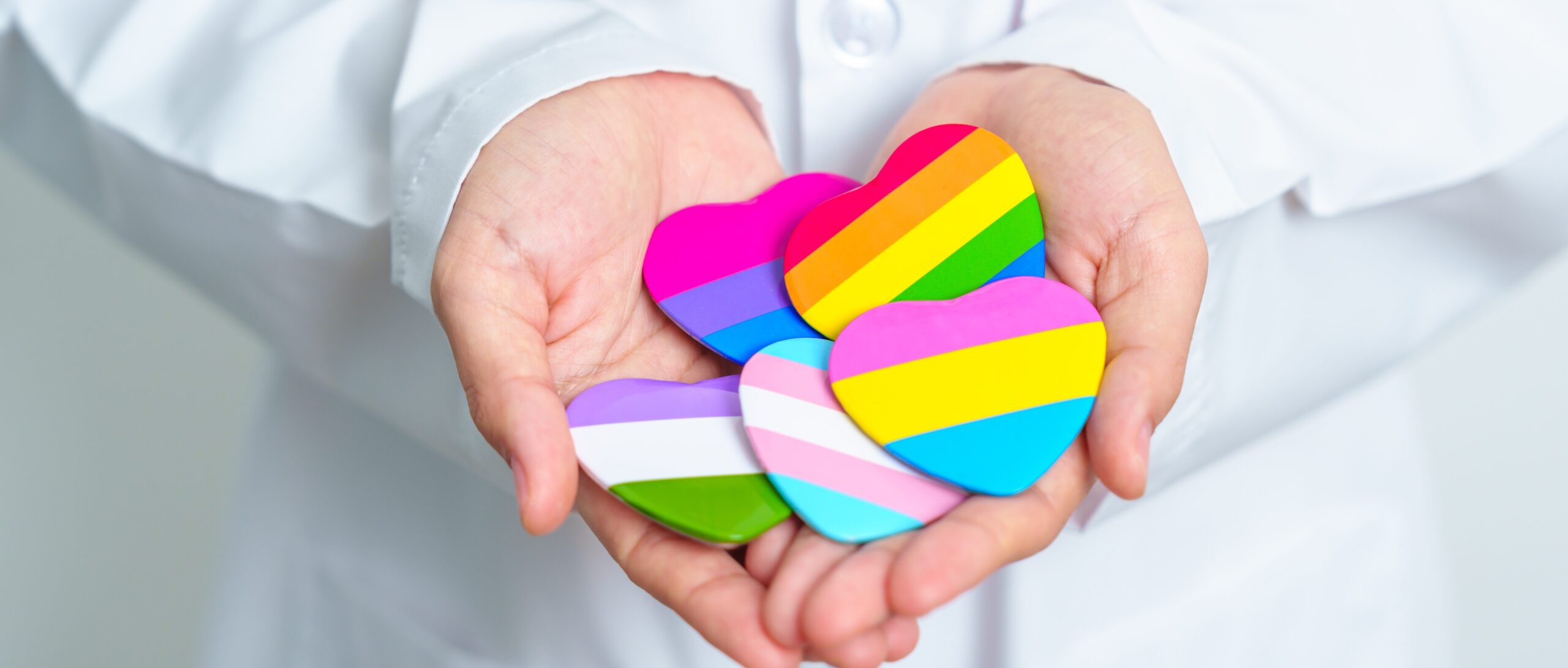
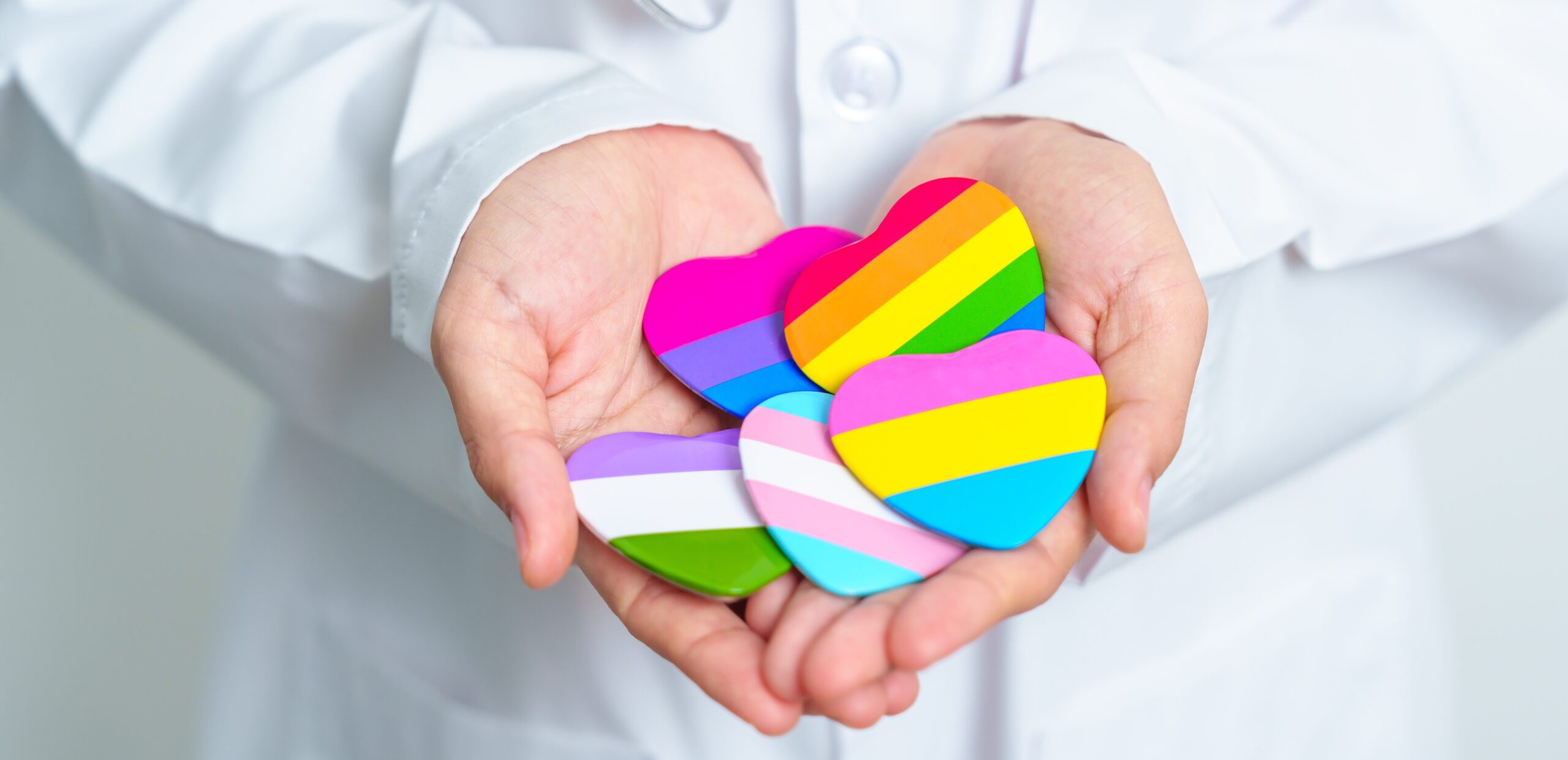
I le 1989, na ou sau mai Niu Sila i Ausetalia e alu i hormones. I tua i Niu Sila na faʻamasinoina oe e ou matua, o lea na tatau ai ona ou alu i le maketi pogisa e fai ai loʻu togafitiga o hormone. O nisi o teine sa i ai fomaʻi na faʻamaonia togafitiga o hormone ma latou faʻatau mai ia i matou ma matou ave na fualaauIna ua ou sau iinei sa ou manatu ‘Sa ou i ai mo sina taimi, o le a ou manuia’.
Ae o le sau saʻo i le eria o St Kilda, lea na ou manatu ai e tele atu le vaʻaia ma manatu o le LGBTIQA + faauo, o le GP muamua na ou alu i ai e leʻi iloa ua ou trans ma, ina ua ou alu i totonu, sa ou fesili mo le estrogen. ma sa ia fai mai “Aisea e te manaomia ai lena mea?” Ona ou faamatala atu lea o loʻu tulaga, ma sa ia fai mai ou te alu ese. Na pau lava le auala e mafai ai ona ou mauaina se GP mulimuli ane i lalo o le ala o le faauo atu i nisi o teineiti iinei ma latou faasino aʻu i le itu saʻo.
Sa matua faigata lava ma sa ou iloaina foi ua ou faamasinoina tele. I lena taimi, na manatu tagata o aʻu o se mea … o loʻo i ai se mea o loʻo tupu ia te aʻu. O a’u o se sau’ai. E le tatau ona avea au ma se vaega o le sosaiete. Sa matua faigata lava ae e tatau ona ou taʻutino atu ua ou fiafia na ou sao mai i lena taimi faigata ma ou te fiafia e fai atu o loʻo ou i ai pea iinei ma avea ma aʻu.
"Ua lelei, ua ou sauni e alu e vaai se tasi"
I tua i le 2011, sa ou vaʻai i se tagata faigaluega ma sa ia fautua mai ou te vaʻai i se fomaʻi mafaufau poʻo se faufautua. Ma sa ou fai atu “La’u pele, e le o a’u o se cuckoo”. Ma o le mafuaaga na ou fai atu ai, ona i tua i Samoa, tatou te le talanoa i mea e pei o le soifua maloloina o le mafaufau. Matou te faafilemu mea pe tuu i lalo o le aluga.
I totonu o laʻu faʻalapotopotoga faʻasalalau sa ou i ai i lena taimi, afai e leai se tasi iina pe i ai se mea o loʻo i ai ia i latou, tusa lava pe latou te fai mai “Ua ou matua faʻalogo i aso nei”, latou te pei o le “Aisea mo? Le a le mea ua tupu? O e manuia?”
O lea na ou faafitia ai. Sa ou musu e vaai i se tasi. Sa ou faigaluega pea ma la’u tagata faigaluega. Ae mulimuli ane, i se tasi aso sa ou fai atu “Ua lelei, ua ou sauni e alu e vaai se tasi”. Ma ou te manatu o le mea sili lena na ou faia ona ou te le talitonu o le a ou i ai iinei pe ana le seanoa le tagata lea sa ou talanoa i ai, ma e le o tuuina mai ia te au le mea na ou fia faalogo i ai. Latou te ta’u sa’o mai ia te a’u le tulaga e tatau ona i ai i le auala ou te mafaufau ai. Ma o le tasi lena mea… o loo ou vaai pea ia te ia e oo mai i le taimi nei, lea ua 13 tausaga mulimuli ane. Ua ou le ma e toe fai atu. Ae ou te le’i matua maasiasi lava e oo lava ina ou fai atu o loo ou talanoa i le mea latou te ta’ua o le ‘fa’aitiitia’.
O le a la le mea ou te maua ai se lagona lelei pe a oʻo mai i le soifua maloloina o le mafaufau ona e lua oʻu aiga. E iai lo’u aiga toto, ae o lo’o iai fo’i lo’u aiga filifilia, o lo’u fa’afafine Pasifika LGBTIAQ+, ae fa’apea fo’i le LGBTIQA+ lautele. O iina e te lagona ai le mafanafana. A e fa’aalia oe i se isi tagata LGBTIQA+ ona latou te iloa le mea e te sau ai.
E tasi le mea lea pe a oo mai i le aiga toto… latou te alolofa ia te aʻu ma latou talia aʻu ma mea uma faapena, ae o le savali i oʻu seevae, latou te le malamalama lava aua e le o latou … latou te le malamalama. sa tatau ona feagai ma.
O mea ou te maua i nisi o taimi, pe a ou talanoa i nai oʻu tei ma iai ni faʻafitauli pe a oʻo mai i le avea ma se fafine lilivau, e mafai ona latou fai mai mea ou te fia faalogo i ai. Pe a oo mai i loʻu aiga filifilia, o nisi taimi latou te tuu ai aʻu i loʻu tulaga ma o le mea lena na ou maua ai le fiafia, aua latou te le o tuuina mai ia te au le mea ou te fia faalogo i ai. E na ona latou oo saʻo lava i le tulaga, fai mai “Masiofo, faʻafefe mai, o loʻo tatou feagai uma ma lenei mea.”
O le paolo o se tasi lea o vaega sili ona taua o lo tatou olaga. Matou te manatu mamafa i mea, ae o le tele o taimi e masani lava e uiga i le eli o le tasi i le isi. O se faʻataʻitaʻiga lelei o le taimi o sauni se tasi o teineiti ma ua faʻalelei uma, e sau o ia mo se faʻamalo. E fesili mai o ia, “O le a sou foliga, Mama Latoya?” ma o le a ou pei “Sarling, e foliga pei o lou tama” ma o le a matou feʻei uma. O se mea tatou te fiafia e fai. E faamalosia ai i tatou. Afai e fai mai se tasi ia te aʻu e pei o aʻu o loʻu tama, ou te fai atu “Ou te faʻaleleia oe le fafine, e te vaʻai mai ia te aʻu taeao, o le a ou foliga matagofie”.
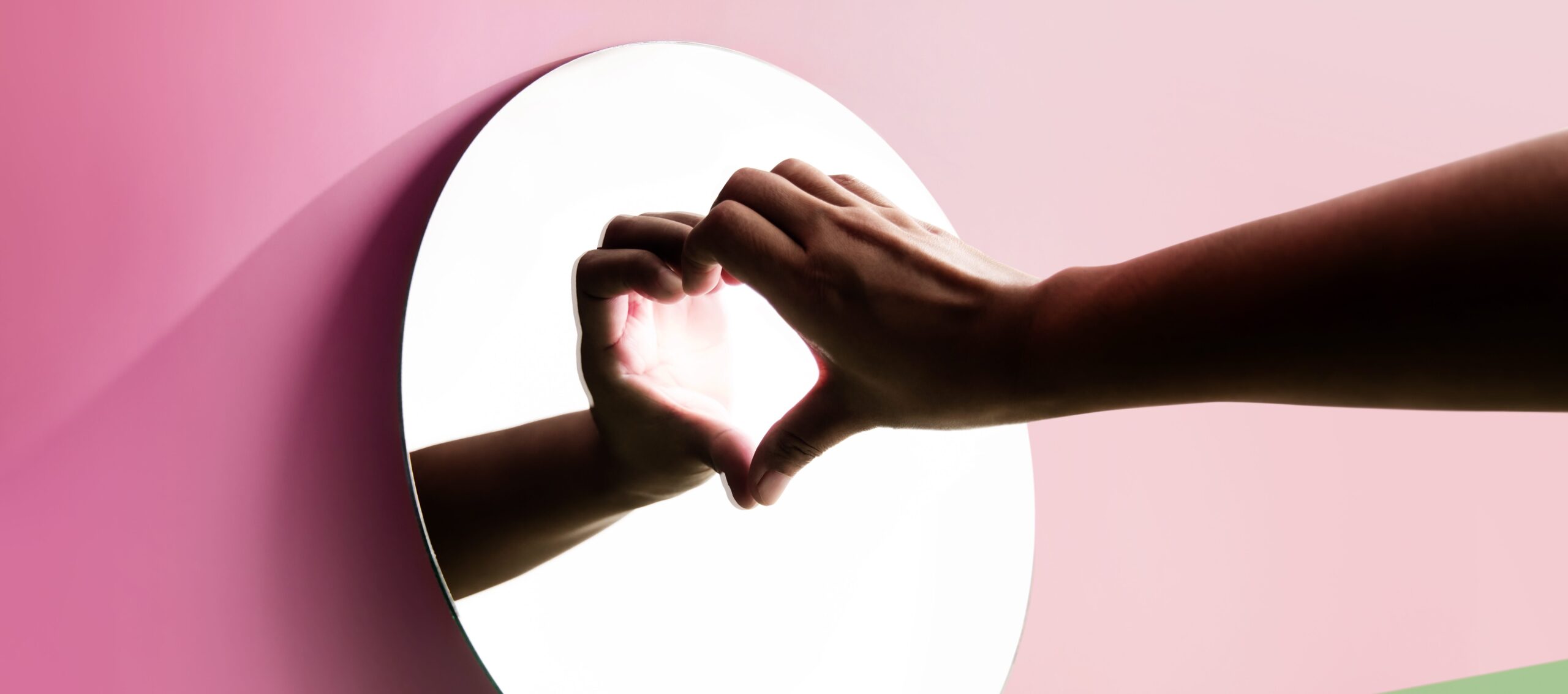
O lo’u soifua maloloina faalemafaufau ua i ai nei i le nofoaga sa’o ou te mana’o iai. Ou te matua fiafia lava ia te au lava ia. E tasi le mea ou te manaʻo pea i tagata o loʻo feagai ma tauiviga ia iloa, alofa ia te oe lava aua i le iuga, e naʻo oe e alofa ia te oe lava. O le a fai mai tagata uma latou te alolofa ia te oe, ae afai e mafai ona e alofa ia te oe lava, ia e mitamita ia te oe lava, e tusa lava po o le a le faigamalaga po o le ala e te filifilia, o le ae i ai pea i se avanoa fiafia.
Ae a oo mai i le soifua maloloina o le mafaufau, ou te fai atu i taimi uma “Afai e i ai soʻu taimi faigata i lena mea, naʻo le pikiina o le telefoni ma fai se taimi ma talanoa i se tasi aua o le a fesoasoani lena ia te oe i se taimi umi”.
